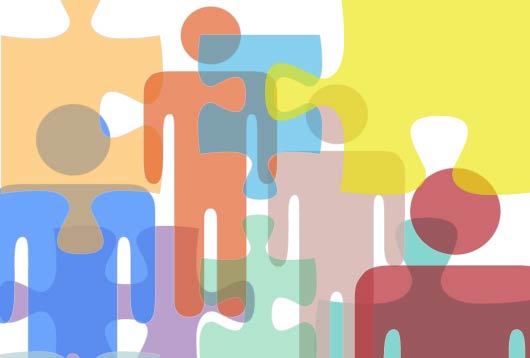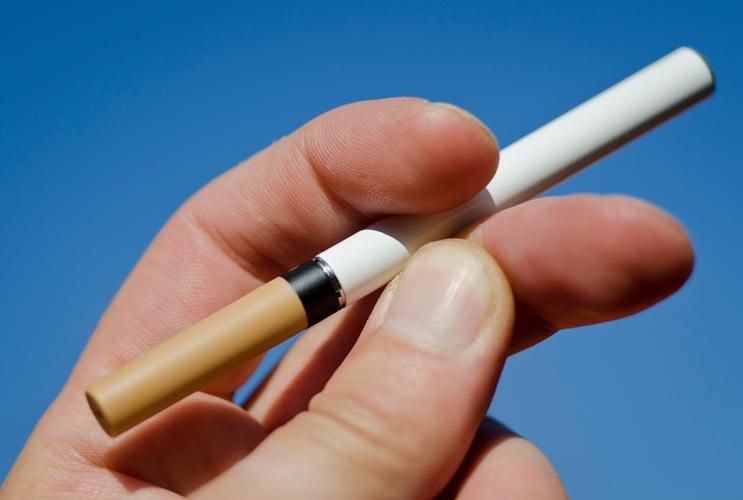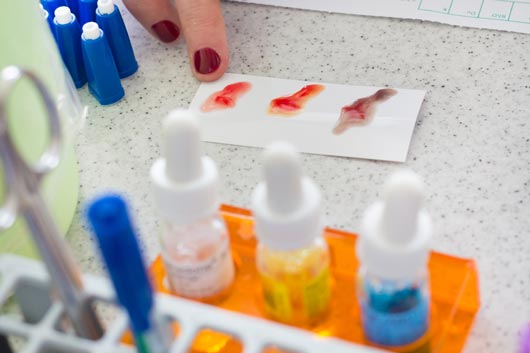
While most of us don’t think twice about consulting a doctor when we have a physical illness, many find it difficult to seek help for emotional issues. However research shows that physical and mental health are strongly interconnected and it’s vital that we address both body and mind in order to feel our best and reach our full potential.
Although it is estimated that one in five adults is taking at least one psychotropic medication, and antidepressants are the third most common prescription drug taken in the U.S., many of these prescriptions are written by primary care physicians rather than mental health professionals. Few of these patients ever receive a mental health evaluation or additional follow-up support, despite recent APA findings that psychotherapy can be more effective than medication in treating issues like anxiety and depression.
For those without insurance or with high deductible policies, just covering the cost of basic preventive health care is daunting, much less finding a trustworthy and affordable therapist. Luckily there are inexpensive options if you know where to look.
TYPES OF THERAPISTS
- Psychiatrist (M.D. or D.O.) • A physician who specializes in mental health and can prescribe medication as well as offer talk therapy.
- Licensed Clinical Psychologist (Ph.D. or Psy. D.) • Has a doctorate in clinical psychology.
- Licensed Certified Social Worker (LCSW) • Has a Master’s degree in Social Work and additional clinical training.
- Licensed Professional Counselors (LPC) • Has a Ph.D. or E.D.D. in counseling.
- Marriage & Family Therapist (MFT) • Have a Master’s degree in Marriage and Family Counseling.
FIND AN INEXPENSIVE THERAPIST
Schools with Graduate Programs for Future Mental Health Providers: Many colleges and universities offer low-cost psychotherapy provided by students under the supervision of a licensed psychologist or psychiatrist.
Word of Mouth: If you have a good friend or relative who is seeing someone they like, ask for a list of referrals from their therapist. Not only will you have the benefit of a trusted source, they are likely to know who has low or negotiable rates.
Consultations: Many therapists offer a preliminary low- or no-cost consultation and some charge on a sliding scale. This is a good opportunity to learn more about different therapists and, even if their rates are too high, they may be able give you other resources.
HRSA Health Centers: The Health Resources and Services Administration supports community-based health centers that offer comprehensive healthcare to high need communities. To find an HRSA Health Center near you visit their website.
Community-Based Non-Profits: These are similar to HRSA Health Centers but rather than government support, they rely on private donations and funding from various sources. You can research locally to find organizations in your area.
THE MENTAL HEALTH PARITY LAW
If you have health insurance, you may have broader mental health coverage than you realize. In 2008, Congress passed the Wellstone-Domenici Mental Health Parity and Addiction Equality Act (MHPAEA) which requires private health insurance plans to provide equal coverage for mental and physical health services. Find out more on the APA website.
LOW-COST PRESCRIPTIONS
It takes a little work, but there are a number of ways to cut prescription drug costs and it definitely pays off.
-
First, always ask your doctor to prescribe a generic version of your medication whenever possible. If generic is not an option, check out the drug manufacturer’s website. Many pharmaceutical companies offer prescription assistance programs or coupons.
-
The Partnership for Prescription Assistance helps qualifying patients find prescription assistance programs.
-
You can get steep discounts on generic and brand name medications with Prescription Discount Cards like GoodRx or RxAssist. The savings can vary quite a bit depending on the card, the pharmacy and the medication—so do your research.
-
Finally, most pharmacies have their own discount programs and cards. Again, these can vary quite a bit so it’s a good idea to comparison shop.
Finally, if you experience a mental health emergency or need immediate help, call 911 or go to the nearest emergency room.












